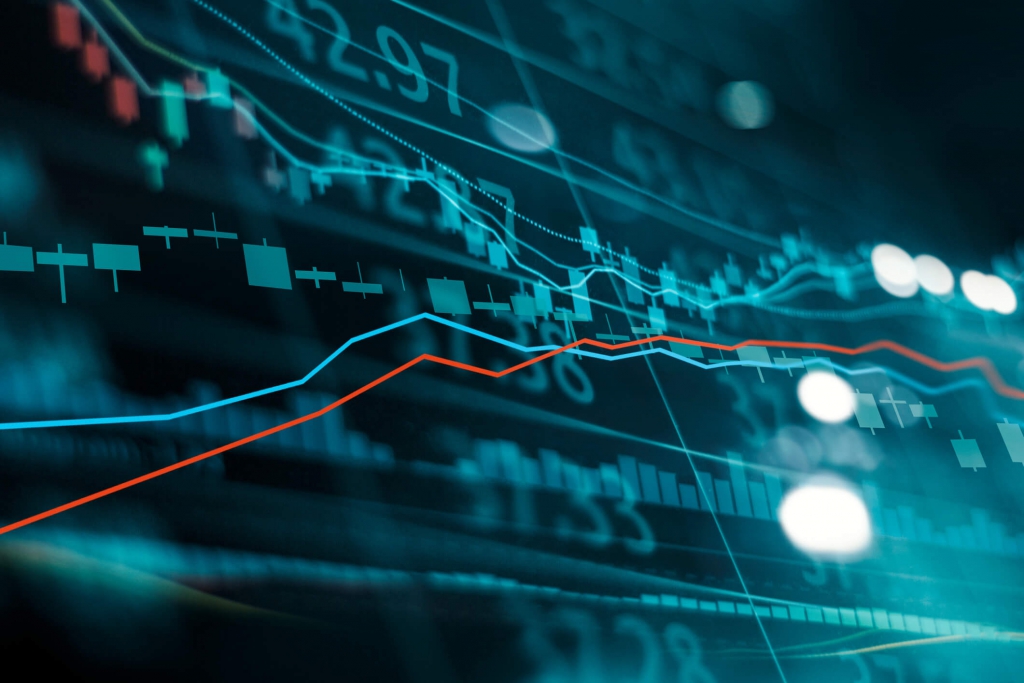Finance departments use GL codes to track spend. We’re looking at items like office supplies, marketing or maybe a specific project within the business. However, what finance are looking for and what procurement are looking for can be two quite different things.
The Trouble With GL Codes
Firstly, if you're only using your general ledger codes, I can almost guarantee they are wrong! In my experience working with GL codes, I would say 90% of them are unreliable. You'll almost always find something classified under a GL that shouldn't be there.
More often than not, they’re used by people who don't necessarily understand or know what they’re logging or the importance of accuracy. The result? Items logged under random GL codes.
This is particularly the case within large corporates where, for example, the sales team has run out of budget. Let’s imagine sales have maxed theirs out, but they’ve just placed an order for new leaflets. How? It’s been snuck into someone else’s budget under a different GL code. Think about marketing and sales. Would an order for 5,000 leaflets really look out of place in a sales budget? Probably not, unless you look a bit closer. While the use of GL codes is good for finance to give them an overview, it's not great for procurement.
With inaccurate spend data or spend data with limited visibility, you will struggle to negotiate better deals with suppliers. How can you negotiate when you don’t have a true picture of what you are spending? It’ll also be hard to reduce spend, check compliance and make sound business decisions.
Accurate Spend Data Keeps It Ethical
We also, unfortunately, need to mention the possibility of fraud or embezzlement. It’s not pleasant to talk about and no one wants to think the worst of their staff, but it can and does happen.
Someone may have tried to mislead or take advantage of you in some way. If the spend data is messy or they’ve been clever, it can be difficult to spot when just using GL codes. This is another reason why it is a smart idea to also classify your spend data. It is usually best to have an external party review it because then nobody has a vested interest in hiding what's in the data—they’re just classifying it!
Keeping It Orderly
I personally prefer to use the supplier name and invoice line description to classify items. I believe that’s the best way to get the most accurate information out of your data and make the best business decisions. Be warned. Some companies might actually classify your spend data based on the GL code. I wouldn't recommend that for the reasons outlined above. It’s not a quick and simple process. Accurate classification can take hours, maybe even weeks. Yet, it’s worth the wait when you get back your brand new, shiny data set with your well-organized information.
Smart Data Classification Can Save Money
While you may think GL coding is enough, and although you may be put off by the upfront cost of having your spend data classified, I can almost guarantee it will save you money in the long run. The benefits to your business stand to be massive.









